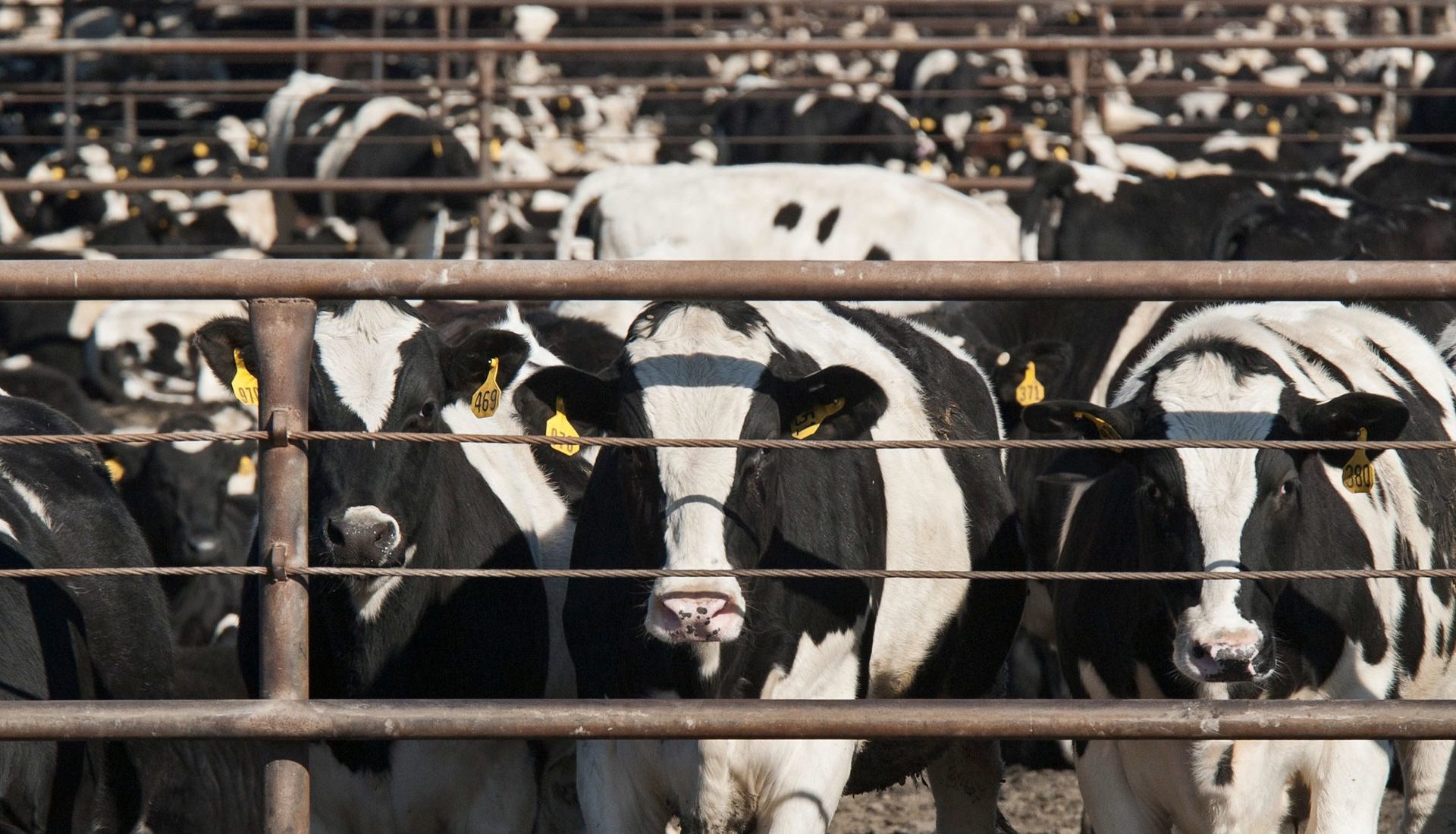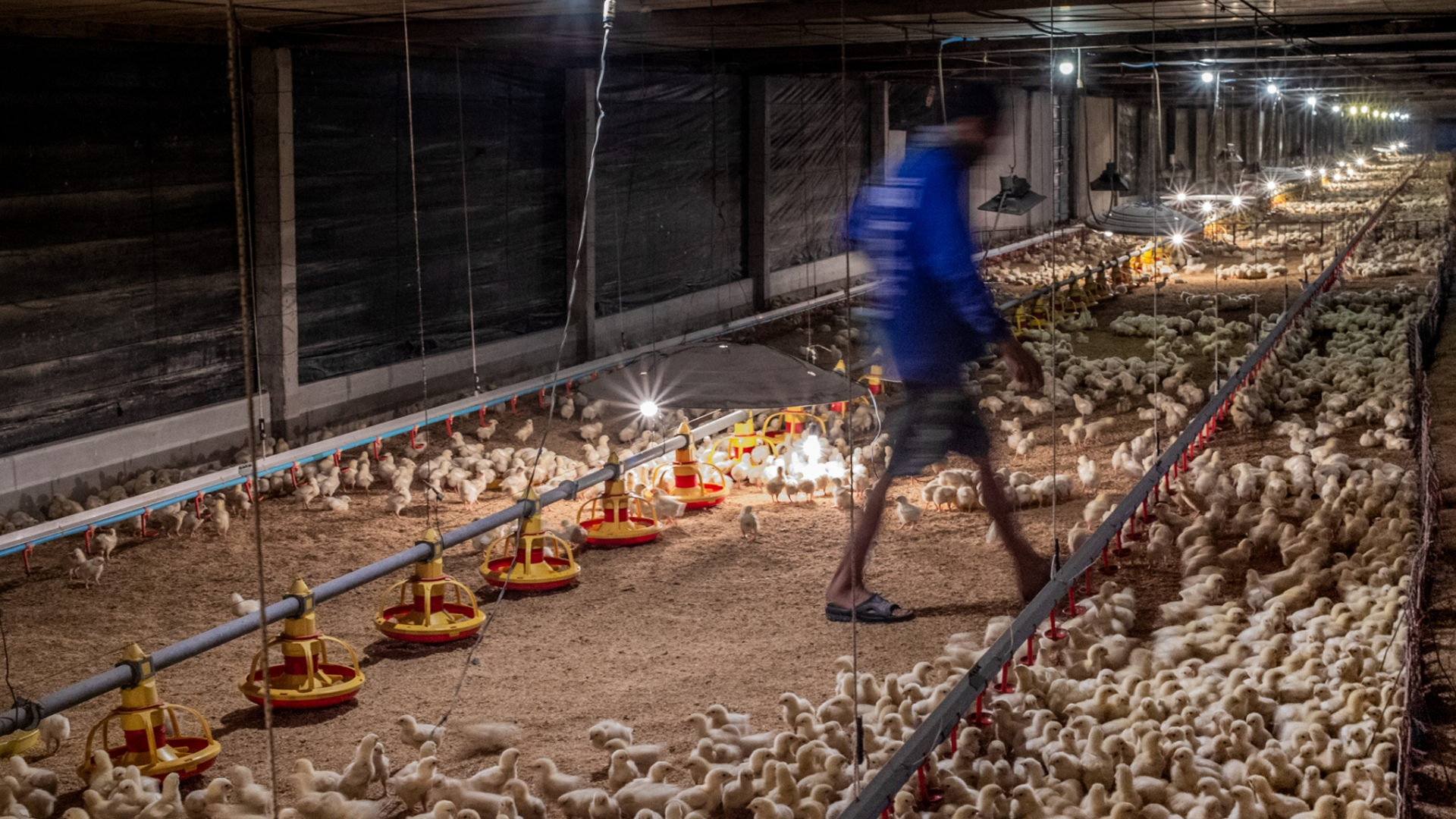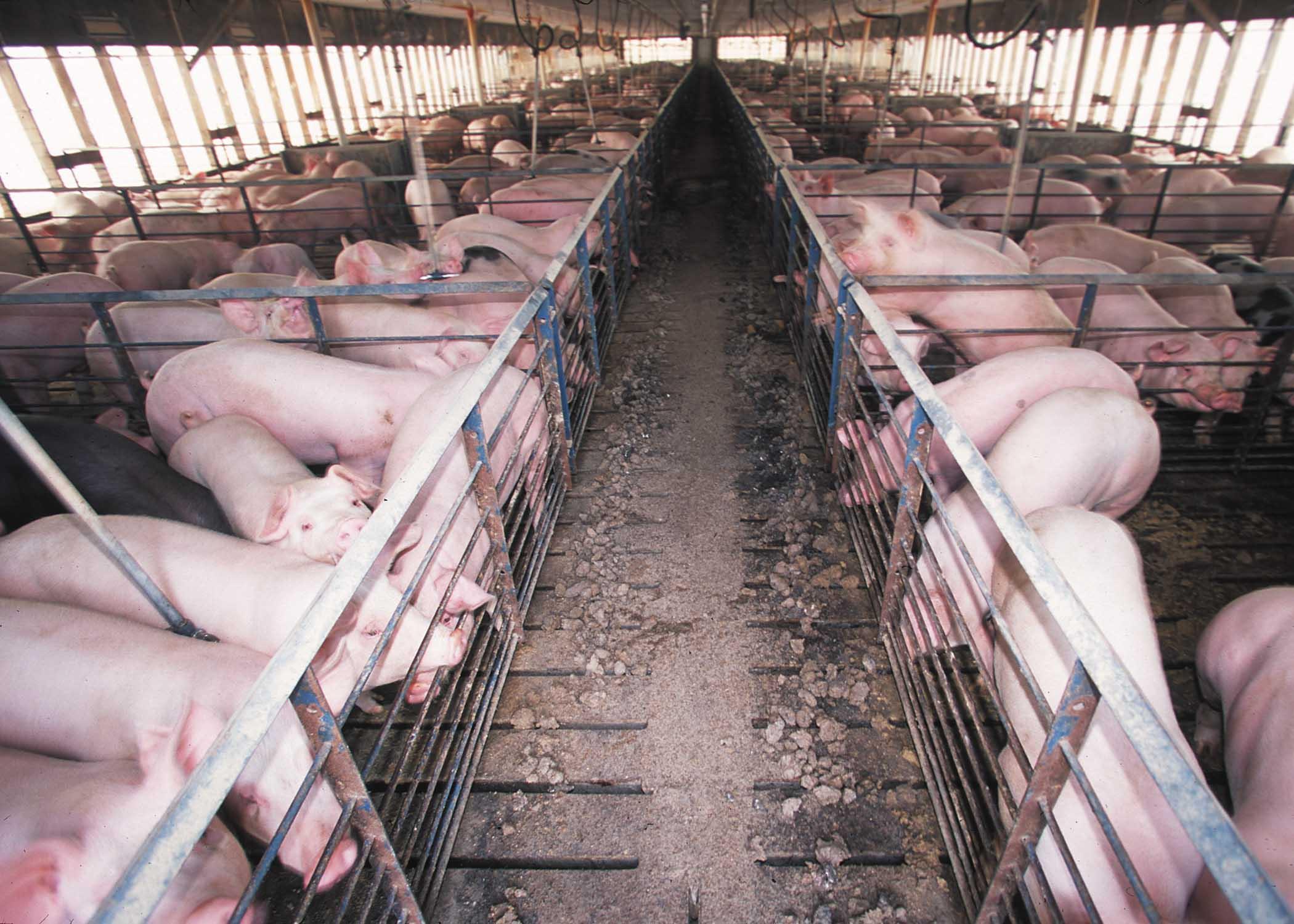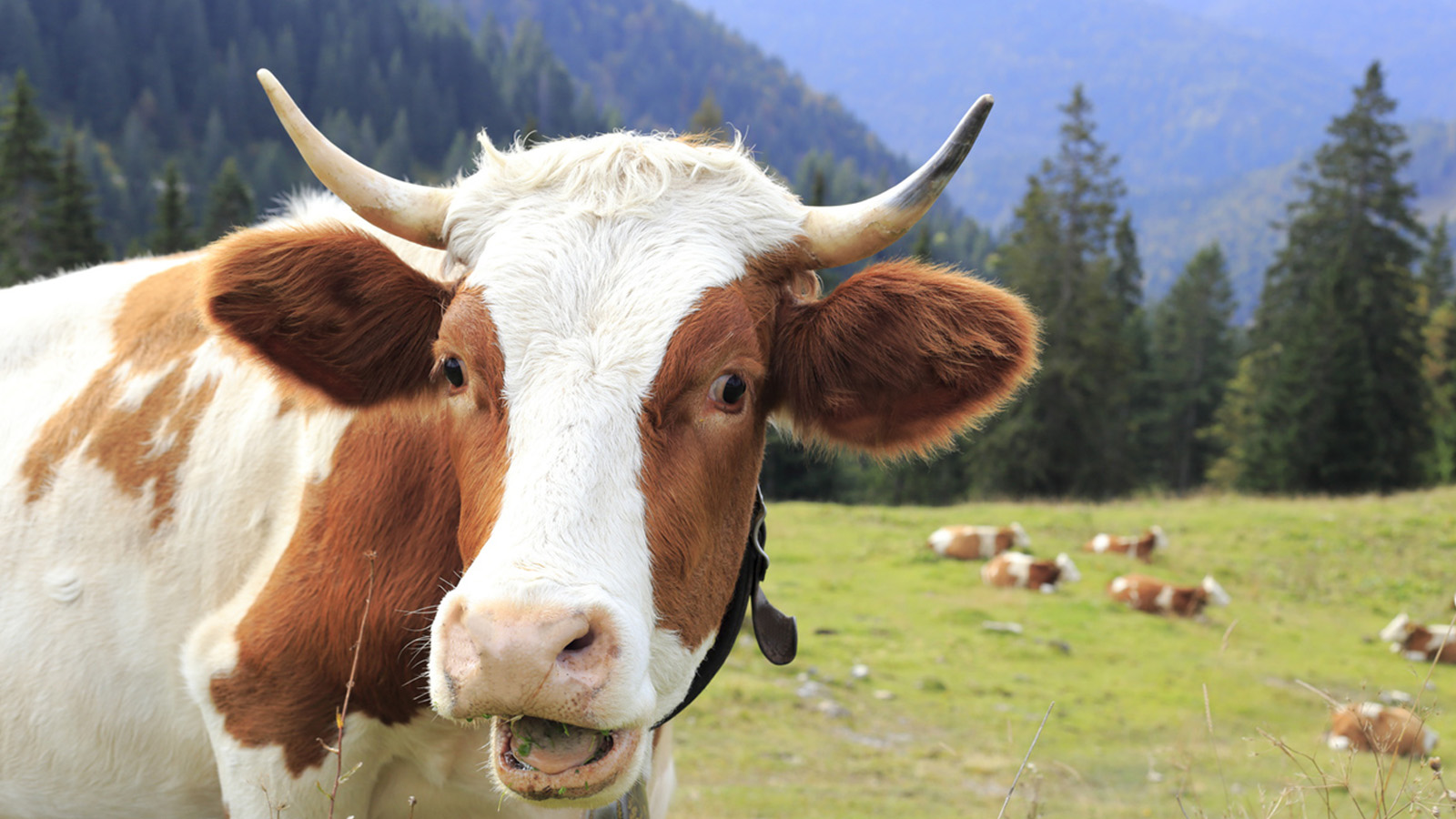Most of the earth’s sentient being lives and die on a production line. It’s time to think of a better way.
In 2015, the now household name Yuval Noah Harari, historian, philosopher, and author of Sapiens, called industrial farming ‘one of the worst crimes in history’. Five years on, and though the number of people eating meat globally has declined in the west, the number of beings processed through industrial grade farms and slaughterhouses remains stable.
By far the majority of large animals alive on planet earth today have been bred for human consumption. Documentaries like Attenborough’s Planet Earth stimulate outrage on behalf of the world’s exotic animals and their suffering at the hands of human misconduct, but these creatures represent just a fraction of the world’s living fauna, and just a fraction of its suffering. The world contains 40,000 lions but, by way of contrast, there are around 1 billion domesticated pigs; there are 500,000 elephants but 1.5 billion domesticated cows; 50 million penguins and 20 billion chickens.
Of course, these inflated numbers are entirely man-made. As Harari explains in his article, when the chicken was first discovered by humans it was a rare flightless bird roaming the plains of South Asia. Today, it’s the most populous bird on the planet by far thanks to industrial grade breeding. In 2009 there were 1.6 billion total wild birds in Europe. That same year, the European agriculture industry hatched over 1.9 billion chickens. We are singularly responsible for the overwhelming overrepresentation of these animals in our ecosystem, and for bringing the large majority life. It’s time we recognised our moral obligation to them.
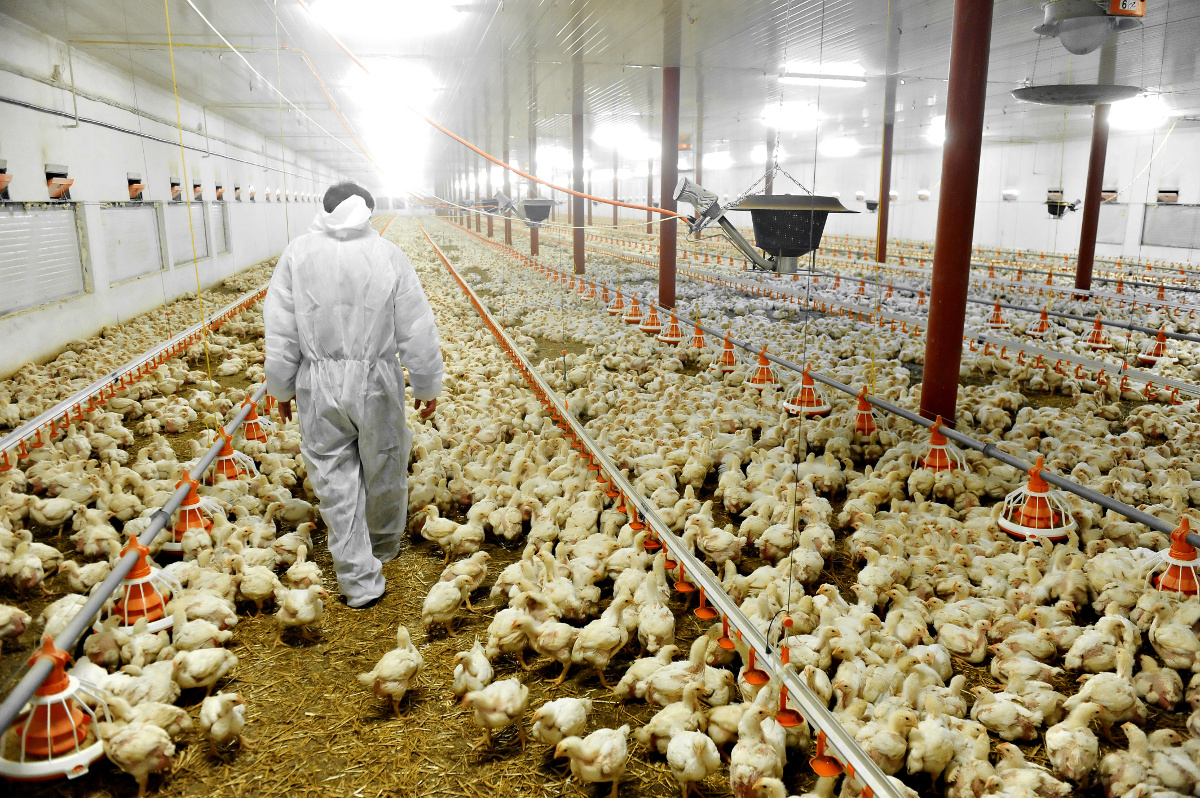
As has been well documented by environmentalists, the conditions in which animals are kept in industrial facilities beggars belief. Videos and documentaries that expose the industry for its atrocious malpractice are a dime a dozen, so if you’re in need of convincing then check out Joaquin Phoenix’s harrowing exposé Earthlings, the 2002 short Meet your Meat, or 2014’s Lucient that unearths the horrors of the Australian pig farming industry, all available on YouTube in full.
These easily accessible films (practically, not emotionally) showcase cruelty on an unimaginable scale, including the removal of tails and beaks without anaesthetic for more compact animal storage, the killing of infant animals in front of their mothers to stimulate milk production, and the bleeding of large animals over the course of days in supposedly ‘halal’ facilities.
Regardless of where your moral compass lies on whether it is morally wrong to exploit living creatures at all (a position known as ‘ontological veganism’), it’s empirically provable that the animals human beings regularly consume – pigs, cows, sheep, chickens – have sentience, with sentience being defined as the capacity to feel, perceive, or experience subjectivity. A study of domesticated pigs in 2015 found that they display cognition and emotion which includes, empathy, a sense of self as determined by the mirror test (the ability to distinguish themselves from other pigs), the ability to not only anticipate an event but to prepare or plan for it behaviourally, and numeric understanding.

If the impetus to eat them is not considered morally wrong (many naturalists would argue that our instinct towards killing and eating animals was bred into us by natural selection and is thus no crime) then surely causing them unnecessary amounts of pain is wrong, given that we’re aware of their capacity to feel it.
So, if the answer isn’t necessarily to stop the farming of sentient creatures altogether (aside from anything else, this is a project so massive that dejection necessarily presupposes even its consideration), then we must look to making the agriculture industry kinder. After all, we all seemed quite keen on alleviating human-caused torment when we saw albatross chicks choking on plastic during Blue Planet.









